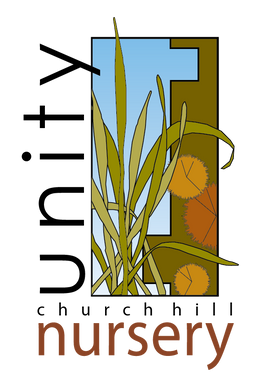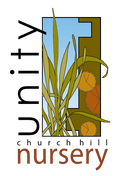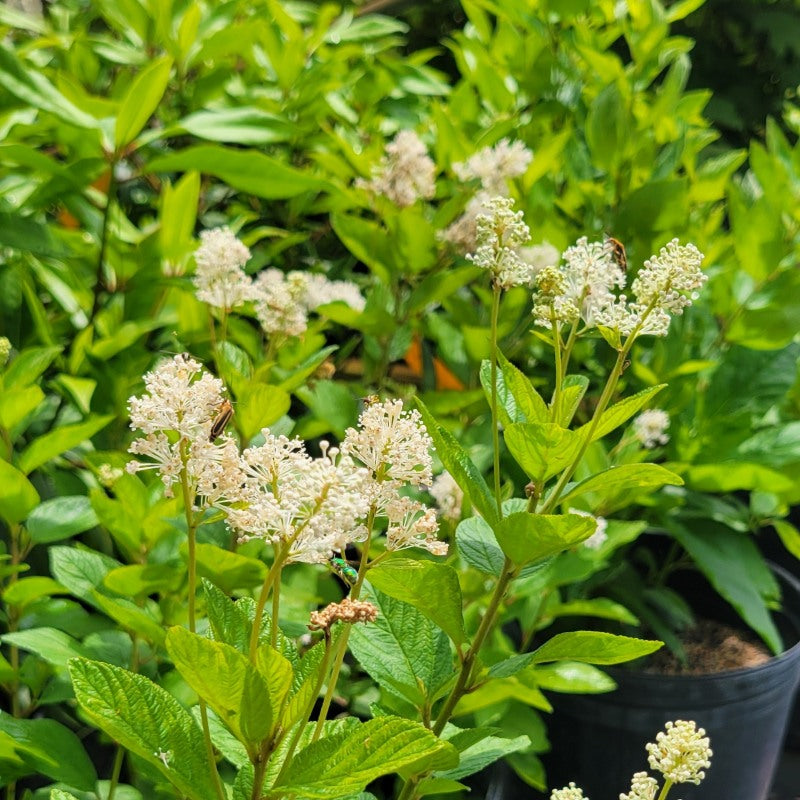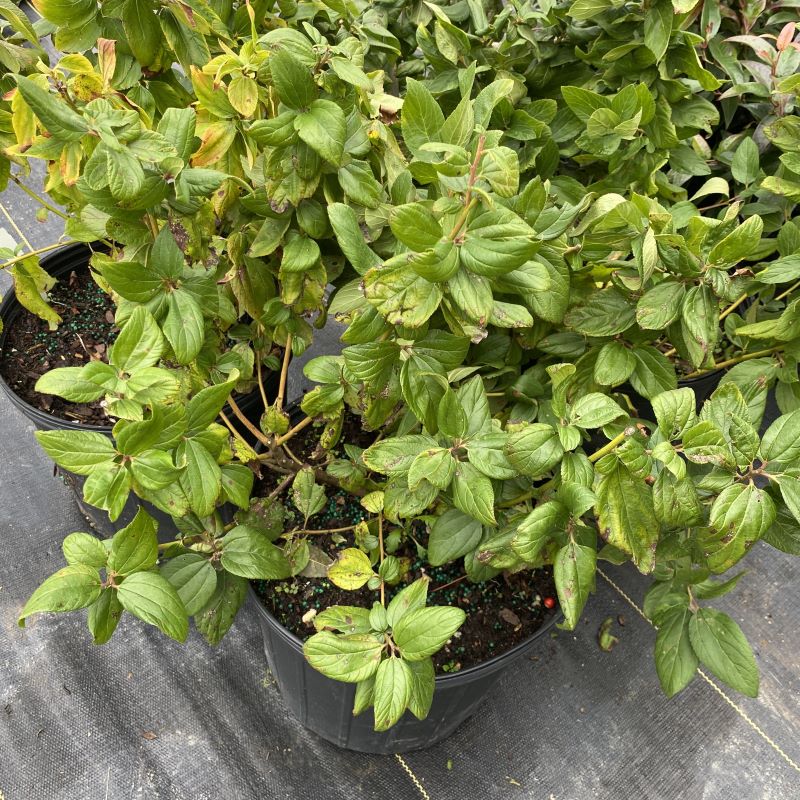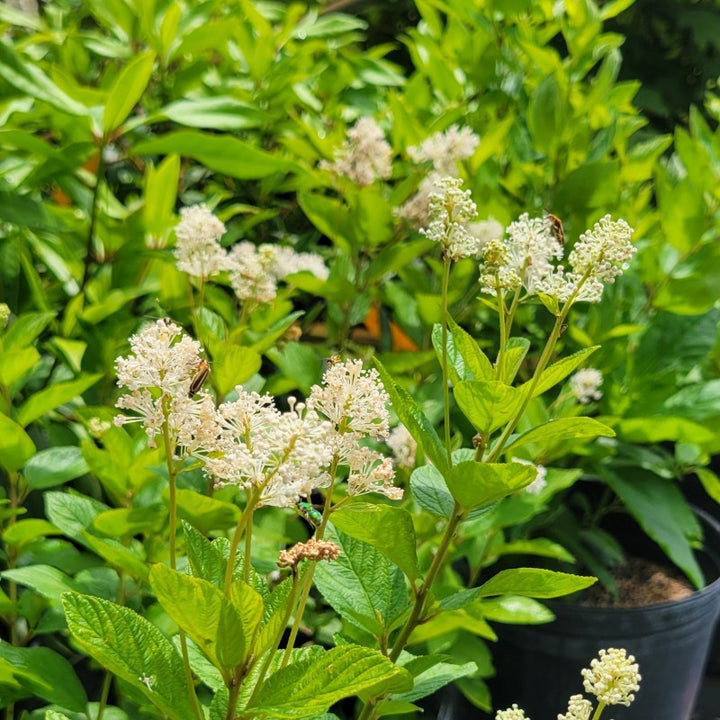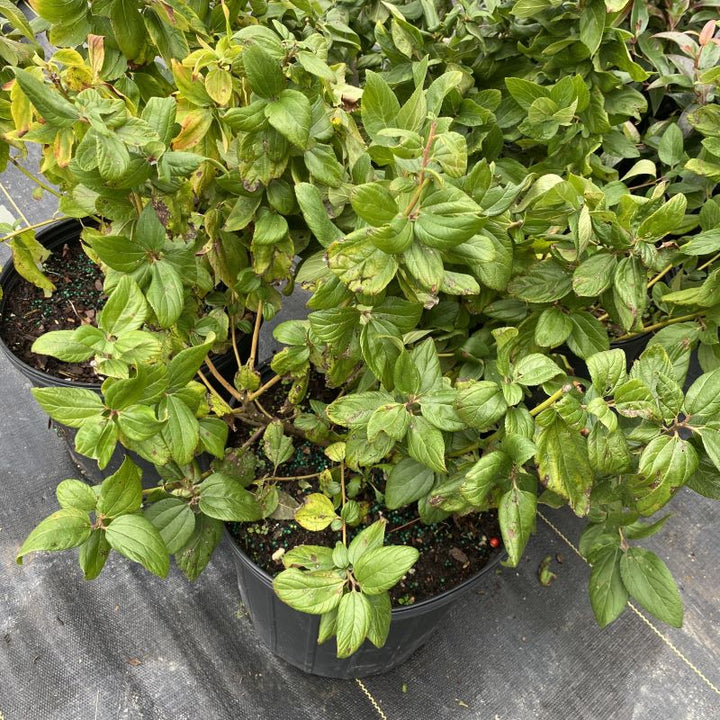Ceanothus americanus (New Jersey Tea)
- Low stock - 4 items left
- Inventory on the way
Ceanothus americanus, also known as New Jersey tea, is a unique deciduous shrub that grows 2-3' tall and up to 3-5' wide in a rounded, compact form. This plant's common name, New Jersey tea, was coined during the era of the American revolutionary war because its leaves were used as a native substitute for imported tea. New Jersey tea features glossy, fragrant leaves and numerous clusters of bright white flowers in the mid to late summer which attract a wide variety of pollinators including native bees, butterflies, and even hummingbirds.
Ceanothus americanus prefers partial to full sun and medium to dry, well-draining soils; deep tap roots make this shrub drought tolerant, but this comes at the cost of becoming difficult to move once established and making New Jersey tea susceptible to root rot if planted in clay soils or low spots in the landscape. Although many fragrant species are deer and rabbit resistant, New Jersey tea is unfortunately susceptible to deer and rabbit damage, but as a food source for these mammals, as well as pollinators and game birds, its ecological value as a food source is obvious and widespread. Ceanothus americanus makes for an excellent low-growing shrub selection for a variety of home garden locations, and makes for a unique statement piece with some interesting botanical history, especially when its flowers are in full bloom.
